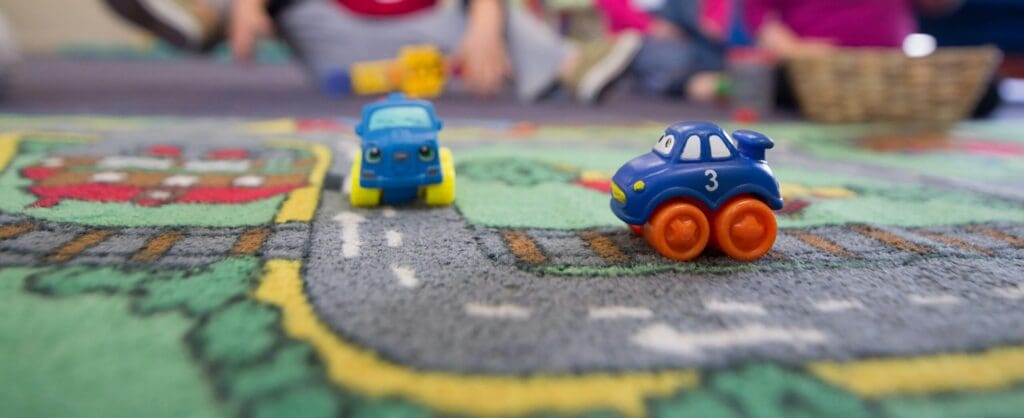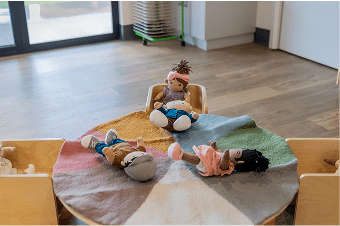Where Can It Take Your Career?

The CHC30121 Certificate III in Early Childhood Education and Care is the latest nationally accredited qualification for educators in early childhood education and care who work in regulated children’s education and care services in Australia. They support children’s wellbeing, and development in the context of an approved learning framework.
Completion of this course may also lead to the following roles:
- early childhood educator
- outside school hours care assistant
- playgroup supervisor
- recreation assistant
- family day care worker
- nanny
- childhood educator/assistant.

How Is The Course Delivered?
Training is delivered via Face to Face + Online Distance with vocational placement.
Course Duration: This course is designed to be completed in up to 52 weeks (including holidays).
Expected Study Hours: Typical learners are expected to spend approximately 1,287 hours (27 hrs/wk) depending on existing knowledge, skills, and experience.
Note: Please read the Academy of Early Learning Training Student Handbook and other policies and procedures including Refund Policy, Complaints and Appeals Policy, RPL Procedure prior to enrolling.
What Will You Learn?
This course is designed to develop your expertise in early childhood education. Among others, you will learn to:
- Support inclusion and diversity
- Encourage understanding of Aboriginal and/or Torres Strait Islander peoples’ cultures
- Identify and respond to children and young people at risk
- Provide First Aid in an education and care setting
- Reflect on and improve own professional practice
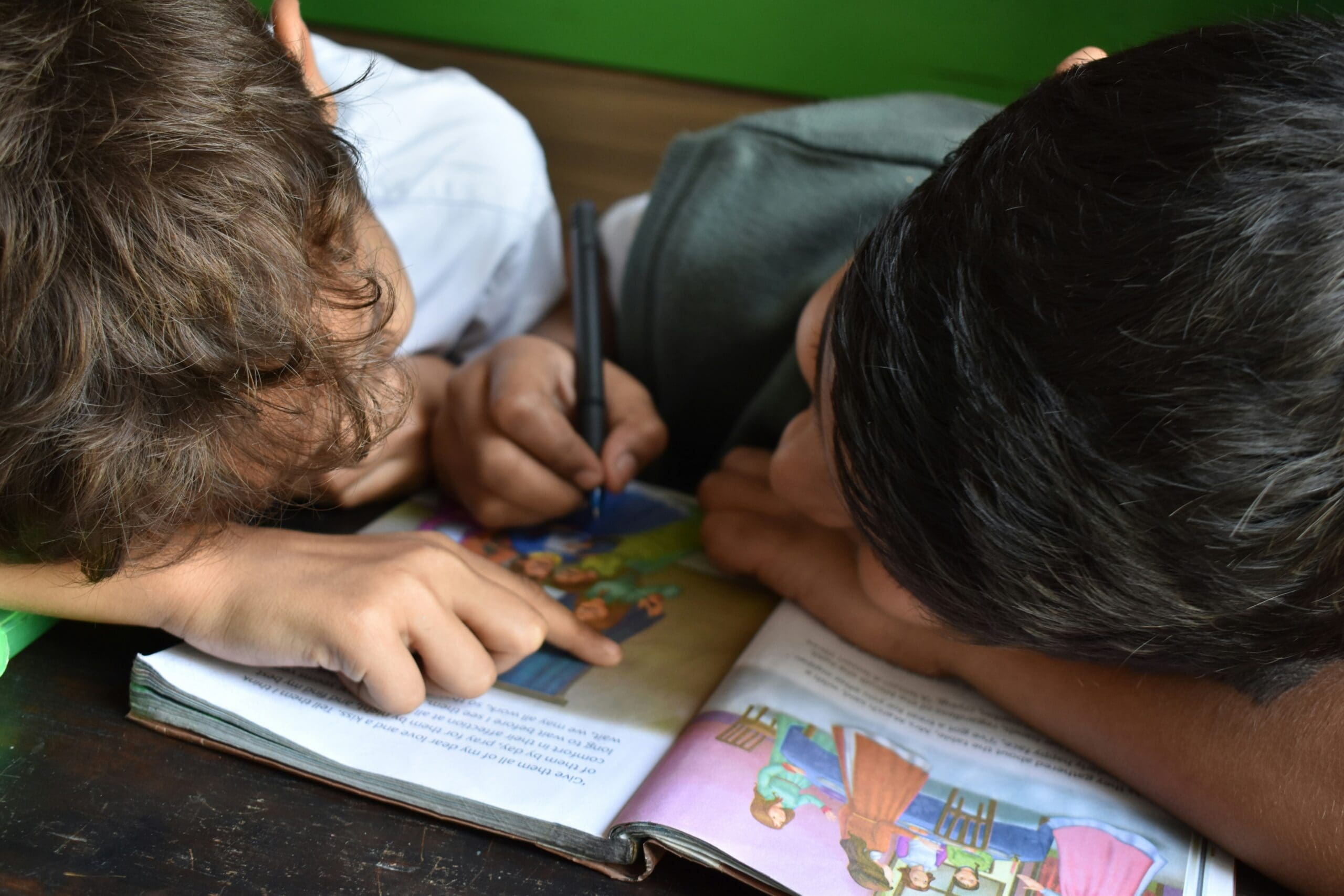

How Is The Course Structured?
All learners will be assessed through:
- Observation during on-the-job or role play/simulation
- Questioning may include self-assessment, verbal answers, written questionnaires, activity modules or interviews
- Structured Activities may include Projects, Case studies, presentations, role play, demonstration, progressive tasks
What Are The Entry Requirments?
There are no pre- requisites to enter this training program. However, The Academy of Early Learning Training screens students according to the following criteria:
- Are 16 years of age and over
- Have successfully completed at least Australian high school year 10, or equivalent
- Have basic computer skills
- Have sound Language, Literacy and Numeracy skills*
- Must have good general health and fitness for practicals
*Learners who do not meet the LLN requirements may still enrol into the course provided the enrolment has been endorsed by the trainer and corresponding additional support strategies have been put in place.
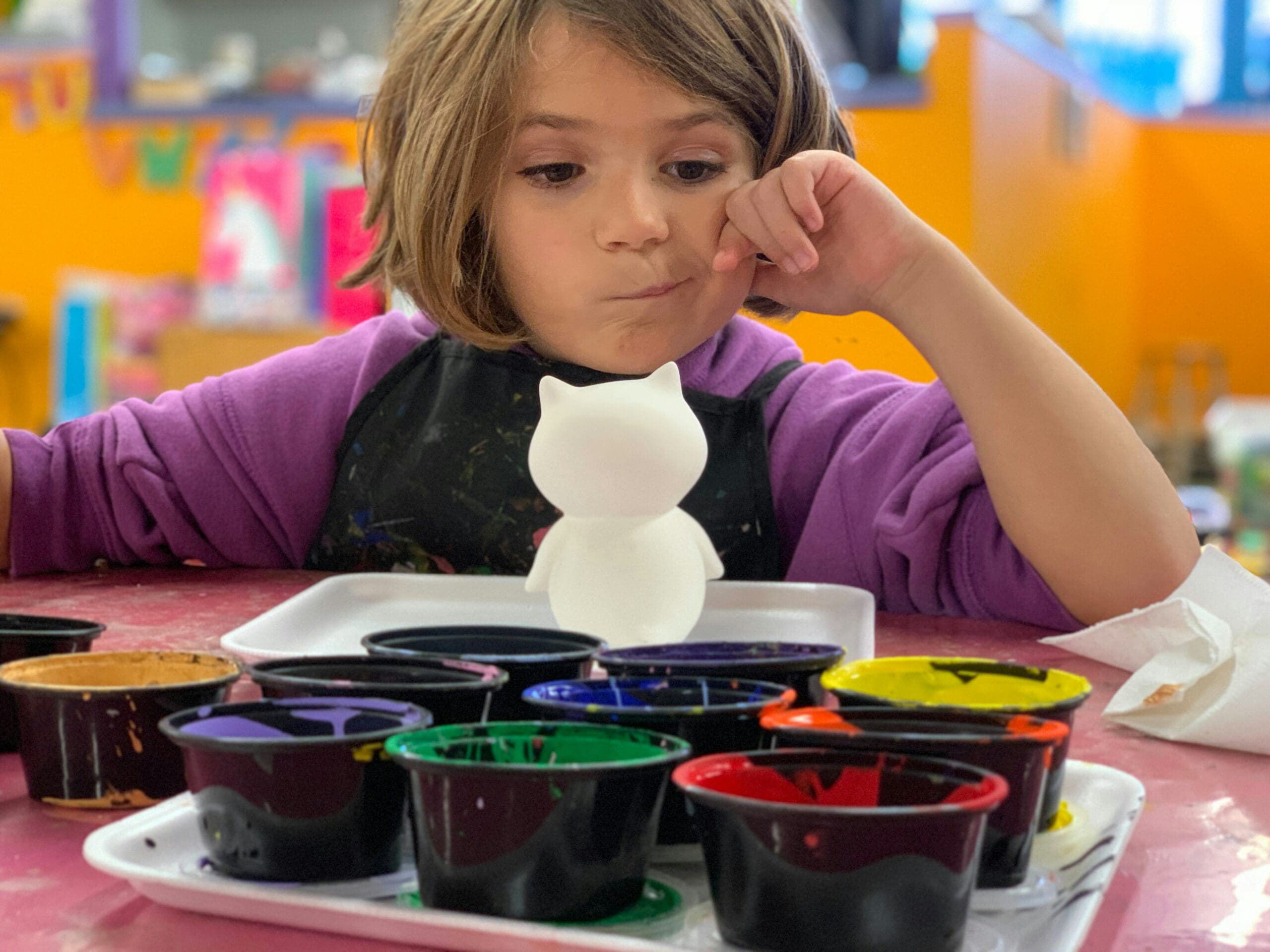
Mandatory Vocational Placement
Learners are required to undertake a minimum of 160 hours of vocational placement within a registered and approved day care centre. This must occur after the student has satisfactorily completed all the other units/subjects in this qualification.
During this time, the learners are required to complete a skills workbook.
Learners have the option to:
- Do their vocational placement through one of The Academy of Early Learning Training’s owner’s day care centre Parafield Airport Early Learning Centre or
- Source their own Vocational Placement providers (The Academy of Early Learning Training to check suitability).
The Academy of Early Learning Training will provide learners a Vocational Placement Pack that outlines all the requirements for finding a suitable Vocational Placement provider that will facilitate the required workplace assessments and allow the learner to complete the required vocational placement hours. Learners are recommended to initiate contact with potential vocational placement providers as soon as enrolment is confirmed to allow sufficient time for The Academy of Early Learning Training to confirm the workplace’s safety and suitability.
What Are The Resources Needed To Complete The Course?
To support you in your new course with Academy of Early Learning Training, we will provide the following:
- CHC30121 Certificate III in Early Childhood Education and Care learning and assessment suite which includes:
- Learner Guides Assessment Workbooks Templates for Projects and other activities;
- Simulated resources to provide students with simulated assessment pathways (not applicable to all assessment tasks specially those to be done during vocation placement)
- Additional course readings and resources recommended by trainers.
Vocational placement providers must allow access to:
- Vocational workplace supervisor(s) to supervise and confirm completion of the required tasks included in the Skills Workbook. The workplace supervisor must:
- Have adequate knowledge and understanding of the provision of early childhood education and care
- Have the ability to effectively supervise and manage early childhood education and care services
- Have the necessary experience and qualification(s) in the area of early child hood education and care (e.g. you have the relevant VET qualification/s, Certificate III in Early Childhood Education and Care or higher)
- Organisational policies, protocols, and procedures including but not limited to:
- Work health and safety
- Safe work practices
- Manual handling
- Infection control
- Workplace to conduct a work health and safety inspection
- Opportunities to participate in meetings and discussions with clients and colleagues including but not limited to:
- One (1) work health and safety meeting/debriefing
- Continuous improvement meeting with the supervisor and at least one (1) colleague
- Discussions with supervisor and or colleagues relevant to student’s workplace performance.
- National Quality Framework:
- National Quality Standard
- The relevant approved learning framework
- Early Childhood Australia Code of Ethics
- Service standards, policies, and procedures for:
- Collaborative partnerships with families and communities
- Educational program and practice
- Relationships with children
- Inclusion
- Children in a regulated education and care service in Australia
- Eating areas equipped with tables, chairs, utensils
- Drinking water
- Handwashing facilities
- Personal protective equipment
- Indoor and outdoor play areas
- Sleeping and rest areas equipped with beds and linen
- Sun protection materials
- Toilet facilities
- Toys and other play equipment
- Information technology for record keeping and documentation
- Recommendations for physical activity in the National Physical Activity and Sedentary Behaviour Guidelines for Australians and Australian 24-Hour Movement Guidelines for the Early Years (Birth to 5 years)
- Recommendations for children’s healthy eating as detailed in the following sources or their successors:
- Australian Dietary Guidelines
- Australian Guide to Healthy Eating
- Education and Care Services National Regulations
- Areas for:
- Eating
- Food preparation
- Sleeping
- Playing
- Bathroom equipped with age-adjusted toileting equipment
- Equipment for:
- Eating:
- Bottles
- Solid food
- Heating equipment
- Utensils
- High chairs
- Bibs
- Nappy changing:
- Nappies
- Wipes
- Change table
- Receptacle
- Ointments/creams
- Gloves
- Nappy bags
- Paper towel
- Hand washing facilities
- Play:
- Appropriate toys
- Sleeping:
- Cots and bedding
- Eating:
- Service standards, policies, and procedures for children’s health and safety
- Service standards, policies, and procedures for relationships with children
- Educators for collaboration
- Babies and toddlers under the age of 23 months in a regulated children’s education and care service in Australia
- Children up to 6 years of age in a regulated education and care service in Australia
- Information technology for research
- Service standards, policies, and procedures for educational program and practice
- Curriculum documentation
- Resources that support specific play and learning experiences covering all developmental domains
- The UN Convention on the Rights of the Child – Article 31
- An indoor environment
- An outdoor environment
- Observational-recording tools
- Children’s records (real or simulated)
- Information technology for recording information
- Curriculum from the regulated service or school
- Sources of information on local Aboriginal and/or Torres Strait Islander peoples’ histories and cultures
- Service standards, policies, and procedures for collaborative partnerships with families and communities including direct relationships with First Nations families and communities
To complete your course, you will need ongoing access to the following:
- Appropriate clothing (e.g., long pants, shirts that are sun safe and protect the shoulder)
- Enclosed shoes
- Sun Protection (e.g., sun hat, sunscreen, etc.)
- Computer/laptop with relevant software such as, but not limited to, the following:
- internet access preferably through Google Chrome
- MS Word and PowerPoint
- Adobe Acrobat Reader
What Are The Course Units?
The CHC30121 Certificate III in Early Childhood Education and Care course covers 17 units of competency (15 core units and 2 elective units).


What Are The Course Fees?
The CHC30121 course is available for only $5,000.00
Initial Deposit of $500.00
Remaining amount to be paid in 11 monthly installment of $409.09
Please see Fees and Refunds Policy for more information.
What Are The Qualification Pathways?
Students enrolled in this course may also choose to study other courses that will support them in their Early Childhood Education and Community Services skills. Other options available for students may include the following qualifications:
CHC50121 Diploma of Early Childhood Education and Care
TAE40122 Certificate IV in Training and Assessment*
*These courses are not offered by Academy of Early Learning Training
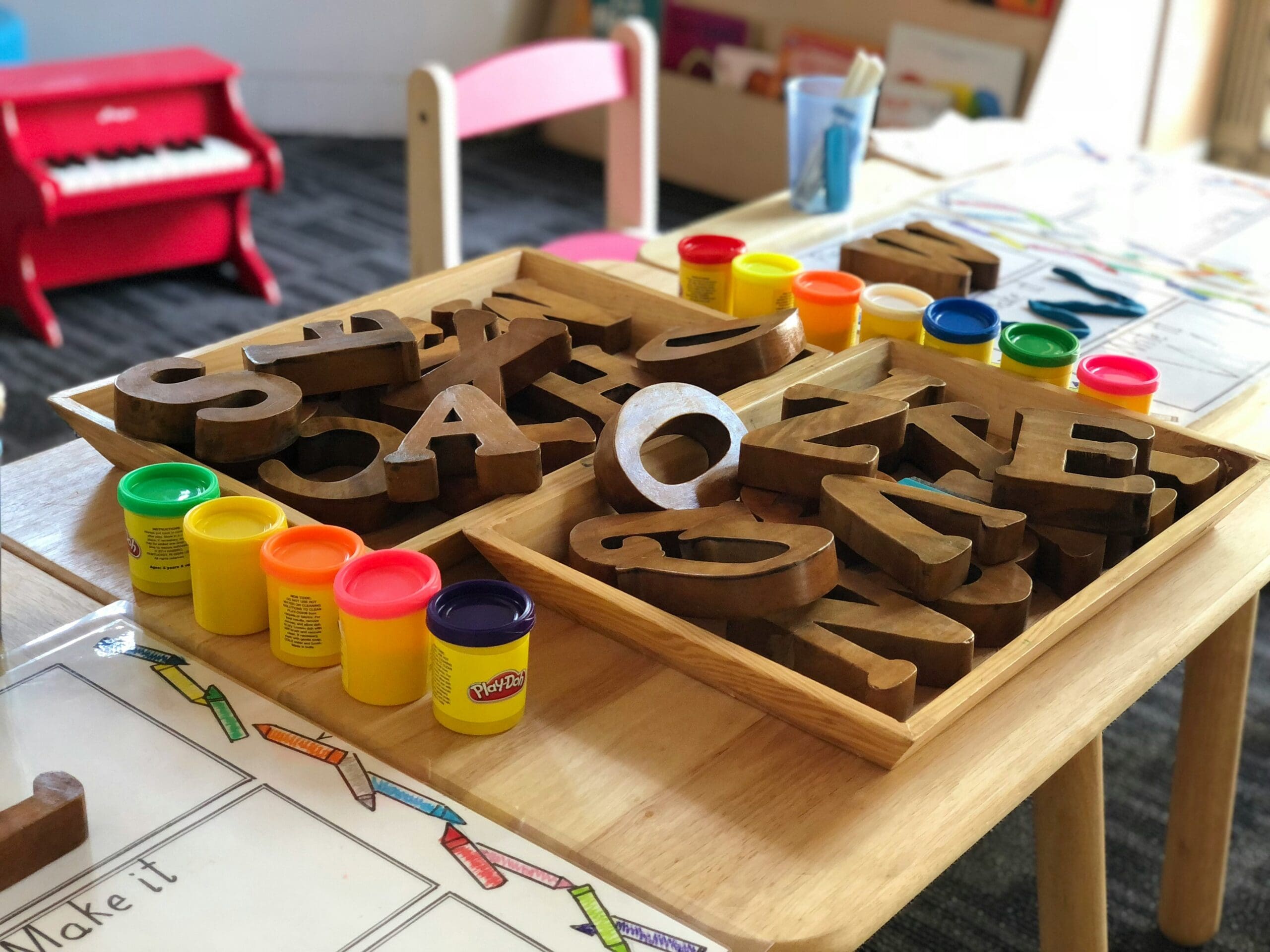
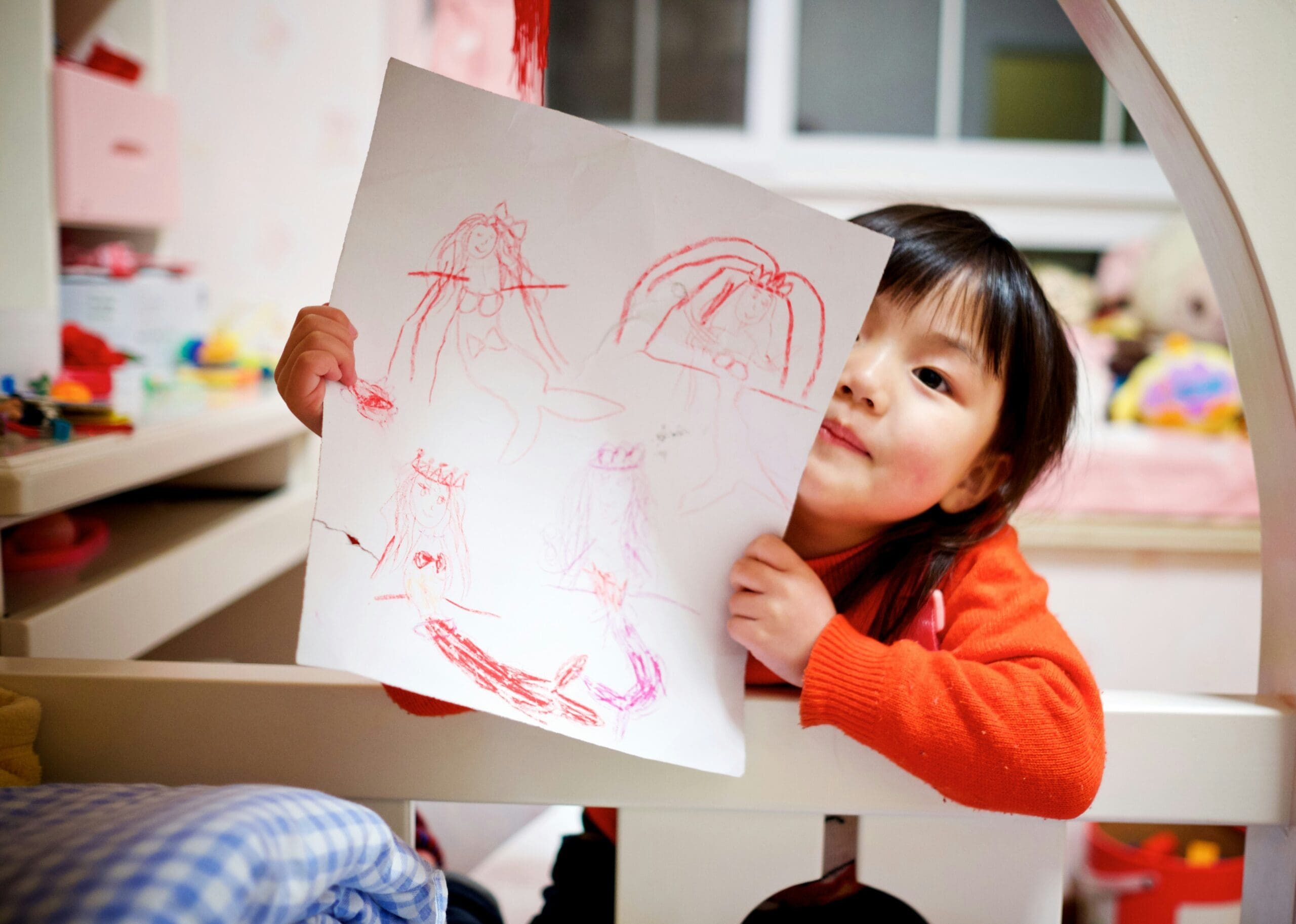
Is Recognition of Prior Learning (RPL) Available?
Academy of Early Learning Training has a Recognition of Prior Learning (RPL) Policy, to ensure that an individual’s prior learning, achieved through formal and informal training, work experience or other life experiences, is appropriately recognised. This recognition may assist Learners to progress faster through a unit of competency, or allow the student full credit.
